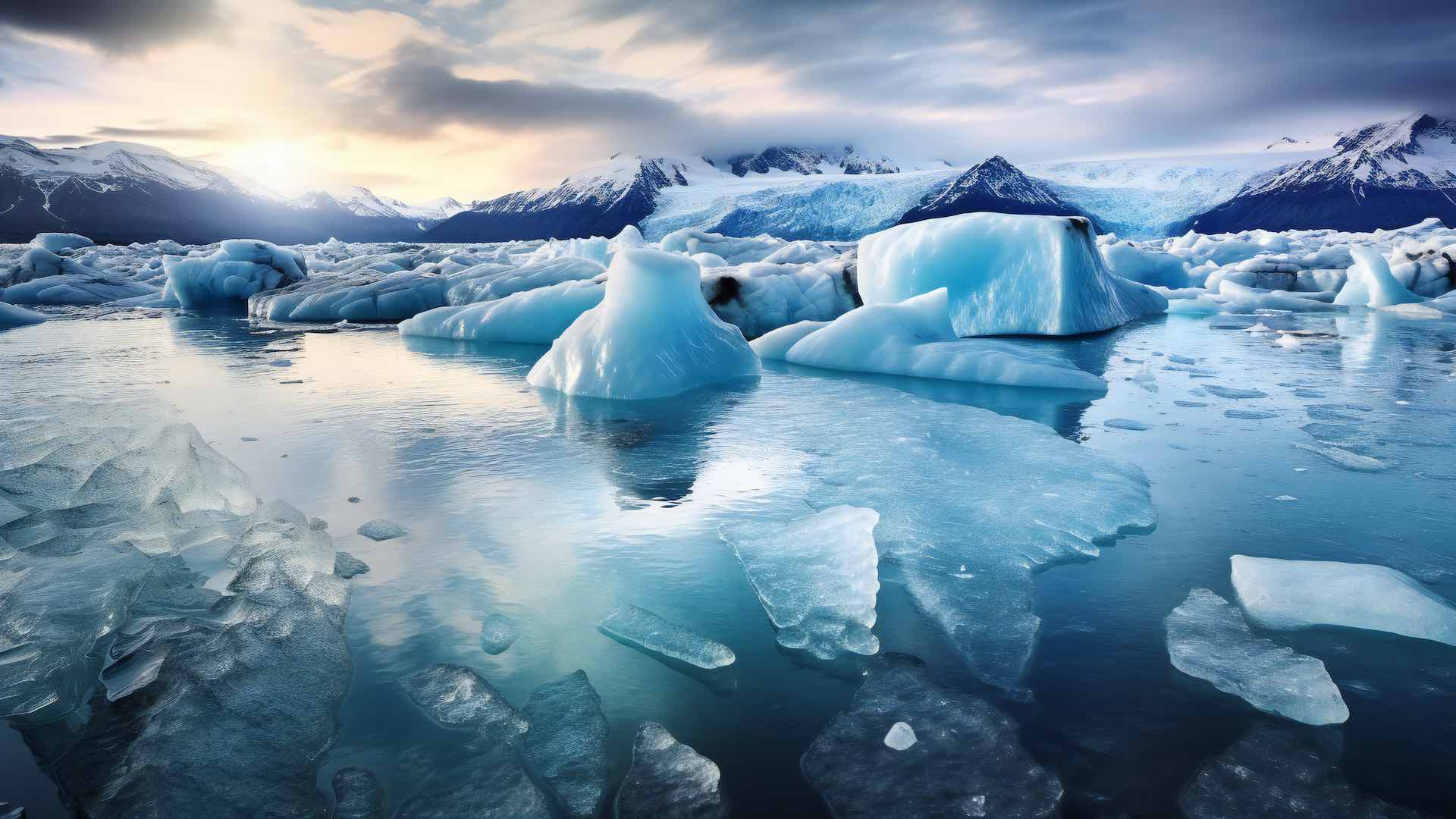Greenland’s ice sheet melting 20% faster, says study
In a comprehensive study published in the journal Nature on Wednesday, scientists have unveiled alarming findings regarding Greenland’s ice sheet. This study, led by co-author Chad Greene and his team, provides a closer look at the accelerated melting of Greenland’s ice sheet, revealing that the situation is far more dire than previously estimated.

The study, spanning data from 1985 to 2022, exposes that Greenland’s ice sheet has lost a staggering 5,091 square kilometers of ice. What makes this revelation particularly concerning is that earlier estimates failed to account for a crucial factor: calving. Calving refers to the process where ice breaks off at the glacier’s terminus, and it has proven to be a significant contributor to the ice sheet’s rapid decline.
Throughout the nearly four-decade period covered by the study, it becomes evident that Greenland’s ice sheet is losing ice at an alarming rate of approximately 193 square kilometers per year. This rate of loss significantly surpasses prior predictions, indicating a much more urgent and concerning situation. The study’s impact extends beyond the shocking numbers.
By delving into “236,328 observations of glacier terminus positions” from various datasets, the research team was able to refine their assessment of calving and gain a more accurate understanding of monthly ice melt rates. This meticulous approach has unearthed critical insights into the dynamics of ice loss in Greenland.
The implications of this ice sheet meltdown are profound. While the study suggests that this retreat may not have an immediate impact on sea level rise due to many glacier margins already being submerged, it does have significant consequences for ocean circulation patterns and the distribution of heat energy across the planet.
Moreover, this revelation underscores Greenland’s status as the second-largest contributor to rising sea levels, further highlighting the urgency of addressing climate change. This accelerated melting of glaciers and ice sheets is a direct consequence of rising global temperatures, particularly in the oceans, which absorb 90% of the planet’s warming. The combination of warmer air and ocean water intensifies ice loss, contributing to the ongoing challenge of climate change.
